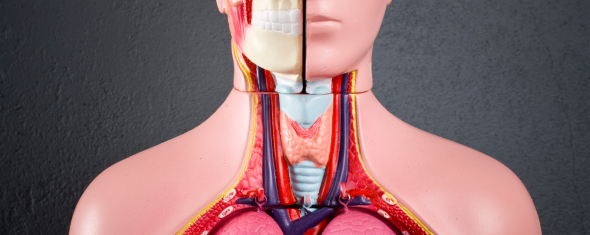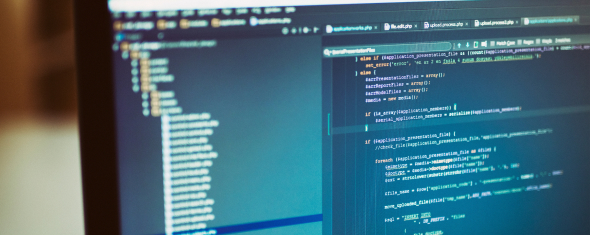DCU Covid 19 Research
Supporting the healthcare sector in the fight against COVID-19
Leveraging technology in a COVID19 world
Mitigating the impact on organisations, workers and the economy
Tackling societal issues in a COVID-19 world
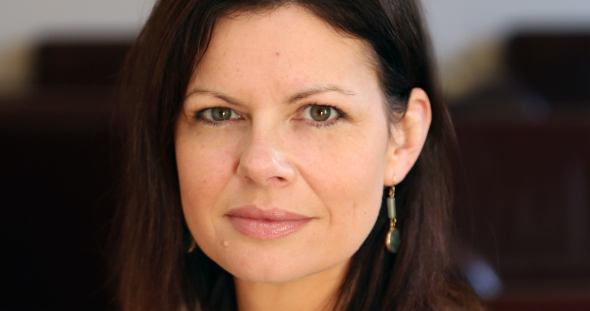
"The hub is a living example of a rapid response research initiative, placing collaboration, at both national and international level at the heart of what we do and bringing DCU’s interdisciplinary research capabilities together to make a strong and positive contribution by providing solutions to the many challenges we are now facing. The projects funded are focused not just on testing but also on frontline workers, children, vulnerable groups, students and businesses within our society."

DCU Educational Trust is currently seeking philanthropic support for the important work of the Covid-19 Research and Innovation Hub.
To offer support or find out more, please email sabina.cotter@dcu.ie.
The Trust is a registered charity that develops philanthropic relationships to further DCU’s mission to transform lives and societies.
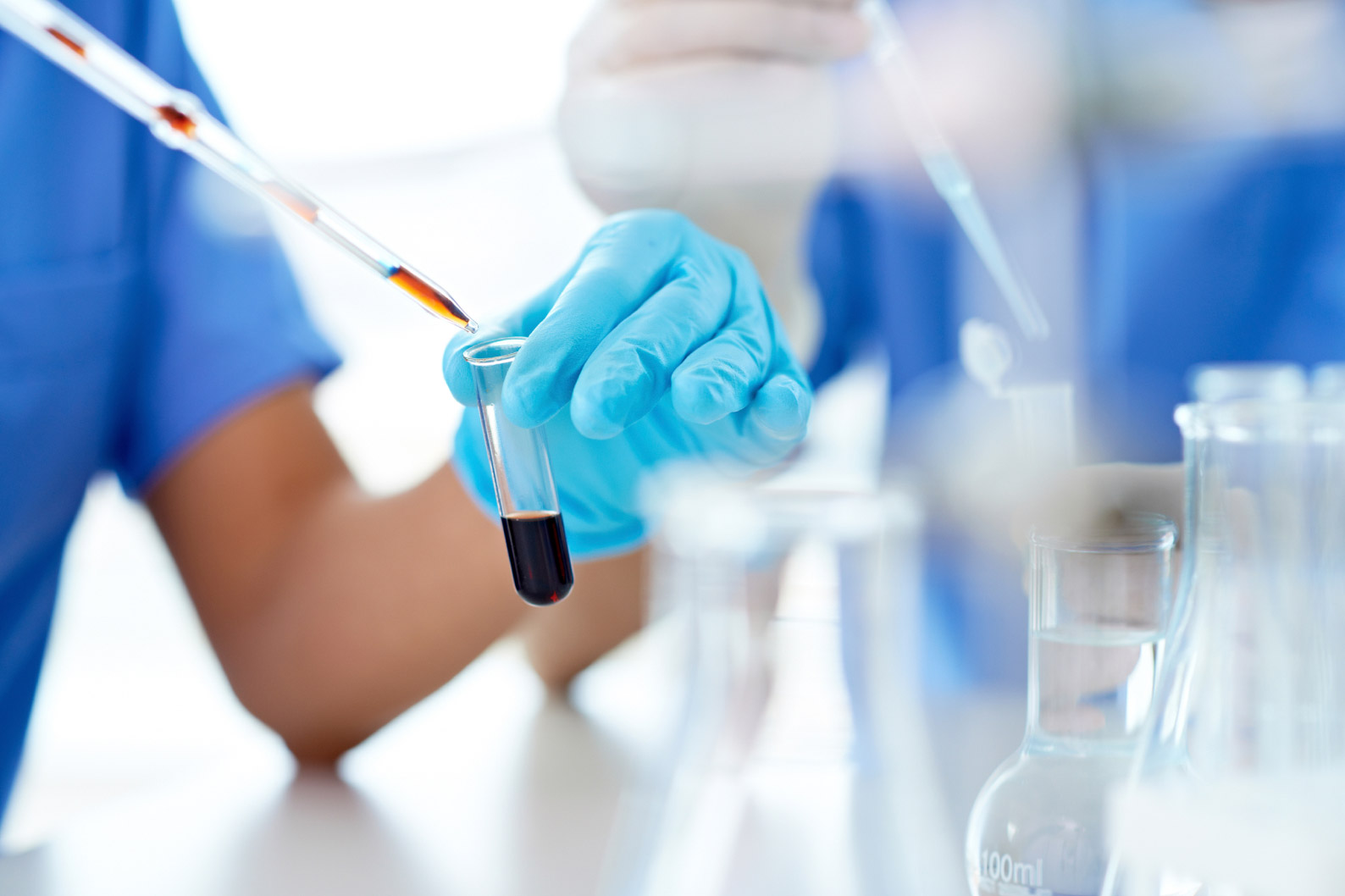
Our project will develop a low-cost, rapid, portable device for sampling surfaces to check for the presence or otherwise of COVID-19 on a surface. Our device checks for traces or components of the virus DNA, allowing early stage detection of contamination sources and the ability to interrupt community and nosocomial transmission. This is especially important in clinical settings or other facilities with vulnerable people.

The use of antibody tests can therefore support population surveillance studies to model the course of the COVID19 pandemic, assessing the overall infection and potential immunity rates in the population. This information can then guide our public health response and allow for informed decisions regarding the relaxation of restrictions to be made.
Commercial antibody tests are now currently available on the market but none have been independently validated and no test has been recommended by authorities for use to date, which is a big problem. Our project will in close collaboration with the HSE COVID-19 Laboratory R&D Product Solutions Group to ensure a cohesive national approach is employed to tackle this problem.
We will determine the best performing antibody test and recommend to NPHET which antibody tests should be employed in a national testing strategy. Therefore, the impact is significant.
Prof. Paul Cahill, Chair of the Vascular Biology and Therapeutics Group based in Dublin City University (DCU) and DCU colleagues Prof Christine Loscher and Dermot Walls with collaborators from the Karolinska Institute, Sweden and University of Essen, Germany have received SFI Rapid COVID-19 research funding in an effort to advance the understanding and treatment of COVID-related illness.
One such approach for COVID-19 employs human stem-cell based therapy. Of particular interest, is the ability of extracellular vesicles (EVs) – small bodies released from stem cells, to house molecular cargo that not only dampens down the over-reactive immune system but also presents as a decoy for the virus thereby reducing its entry into cells of the lung. Molecular biology techniques will be deployed to produce tailored vesicles by priming the vesicles with ACE-2 proteins and incorporating key immunomodulatory molecules to treat COVID-19.
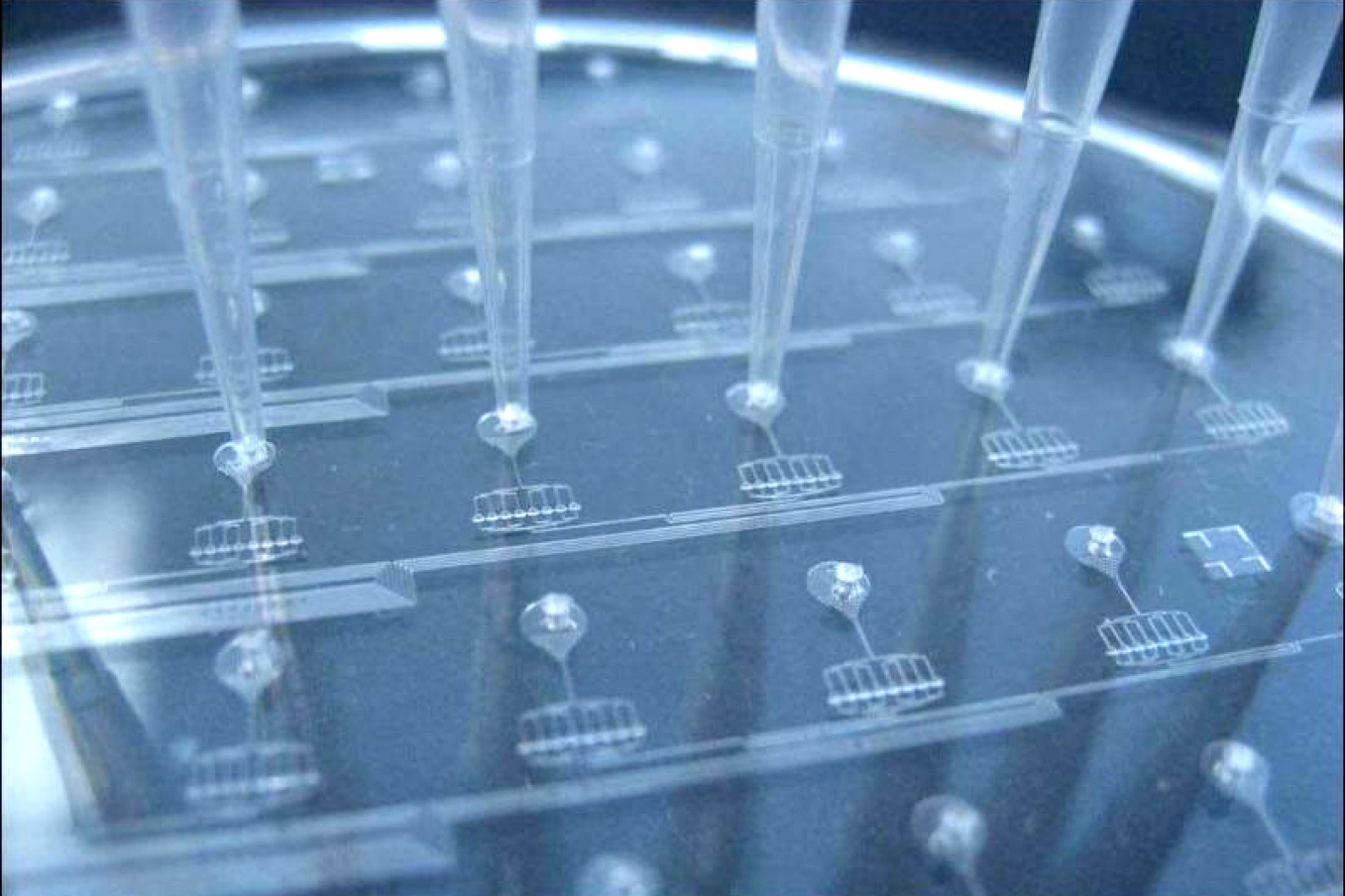
To perform these tests a sample (nasal swab) must be sent to a centralised laboratory for processing. This work is labour intensive and time consuming. The 'Low-cost Automated Molecular Diagnostics Assay (LAMDA)' project plans to use a technology called 'Lab-on-a-Chip' to solve this problem. Lab-on-a-Chip is shrinking down all the laboratory steps, such as pipetting and mixing, into a disposable plastic cartridge.
This means once a swab is placed into the chip, and the chip sealed, a results can be obtained with no more interaction from the lab technician. This will result in a faster, simpler and safer diagnostic test which can even be used by front-tine workers such as nurses, paramedics and firefighters. LAMDA will particularly aim to be robust and low-cost so that it can not only be used in Ireland but will also be suitable for use in developing countries where centralised laboratory facilities may not have the throughput to support widespread testing.
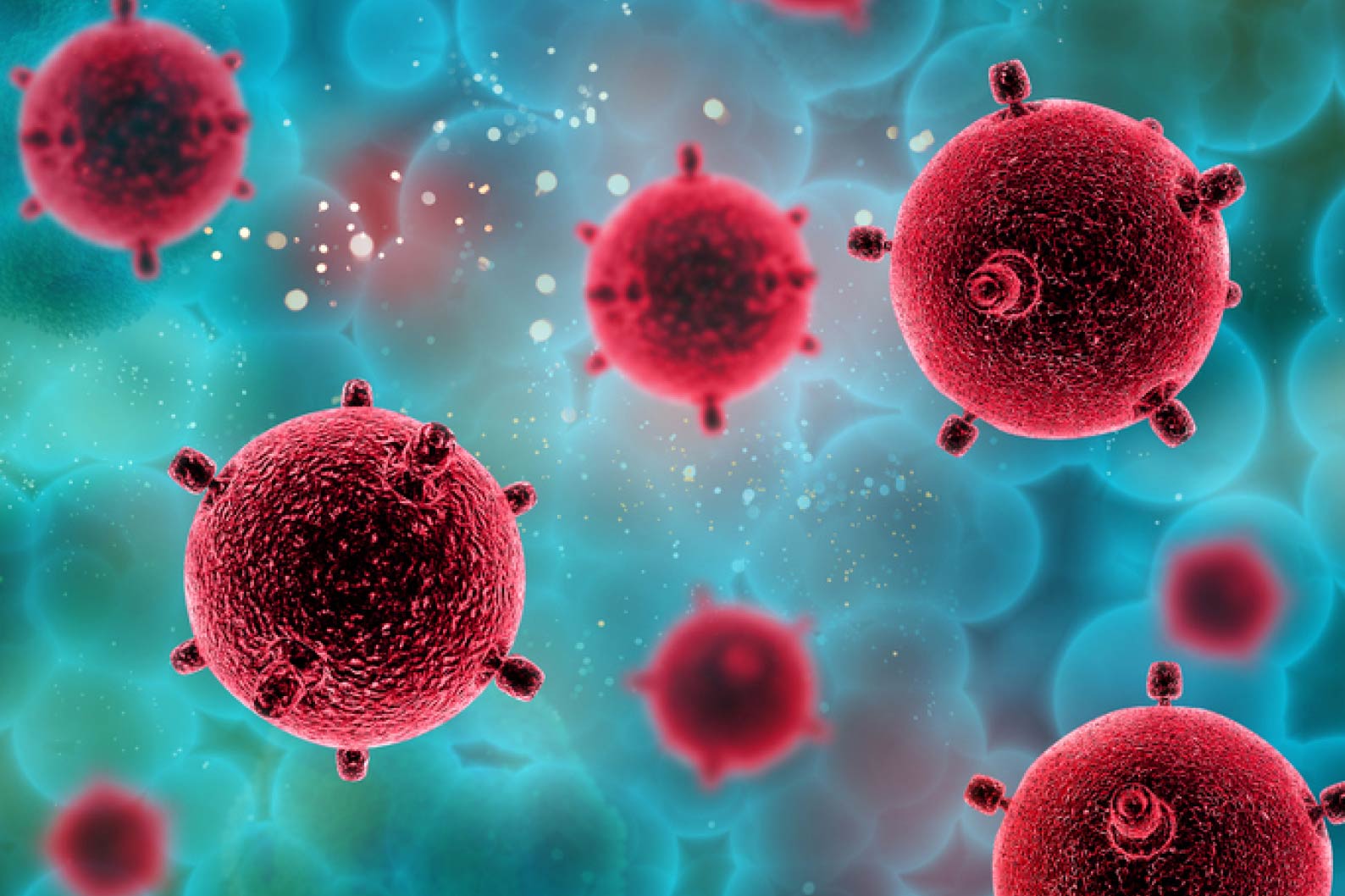
This project will adapt a model of the cell membrane, developed by Keyes research group to include the ACE2 receptor to enable us to model the preliminary viral-host recognition step, providing a means to investigate what other components of the cell membrane promote infection. We will then build a platform to rapidly test potential therapeutics that can inhibit SARS-CoV-2-ACE2 binding.

With the recent pivot to online learning in response to Covid-19, the ability to learn effectively online has never been more important. Looking forward we need to develop the capacity of students to become effective online learners. We also need to look back to understand and learn from the experience of students so far.
This project will, therefore, develop and conduct research on a ‘Learning how to learn online’ MOOC to support students as they adapt to a greater focus on learning online in higher education settings. The study will research students’ experiences and perceptions of barriers to learning online in response to COVID-19. These insights will inform future decision-making, help the sector harness the potential of online education and provide improved online learning experiences for students.

This has been a particular challenge for those teaching large class cohorts and for the students comprising those cohorts. The overall aim of this project is to inform the practice of (a) academics teaching large groups and (b) those supporting academics in the large class teaching/learning context as we move forward into the next phase of this emergency situations. The move to the online environment since March will be evaluated; data from supports provided since March will be analysed (e.g. support requests, PD workshops and seminars since campus closure) and surveys will be used to gather data on the student and staff experience. The outcome of this project will provide guidance for designing learning experiences in the online context, taking diversity of large classes into account.

How leaders balance the tensions they face in key decisions in managing the crisis will have a profound impact on the recovery not only for the employees in their organisations, but for the future of those organisations, with significant implications for the global economy and society more broadly.
Our study sets out to understand the experience of senior HR leaders in leading through crisis. The study will generate evidence-based and actionable insights for HR and other organisational leaders as they begin to exit the crisis. It will also provide insights into the organisational practices and routines that have proven effective in navigating the crisis.
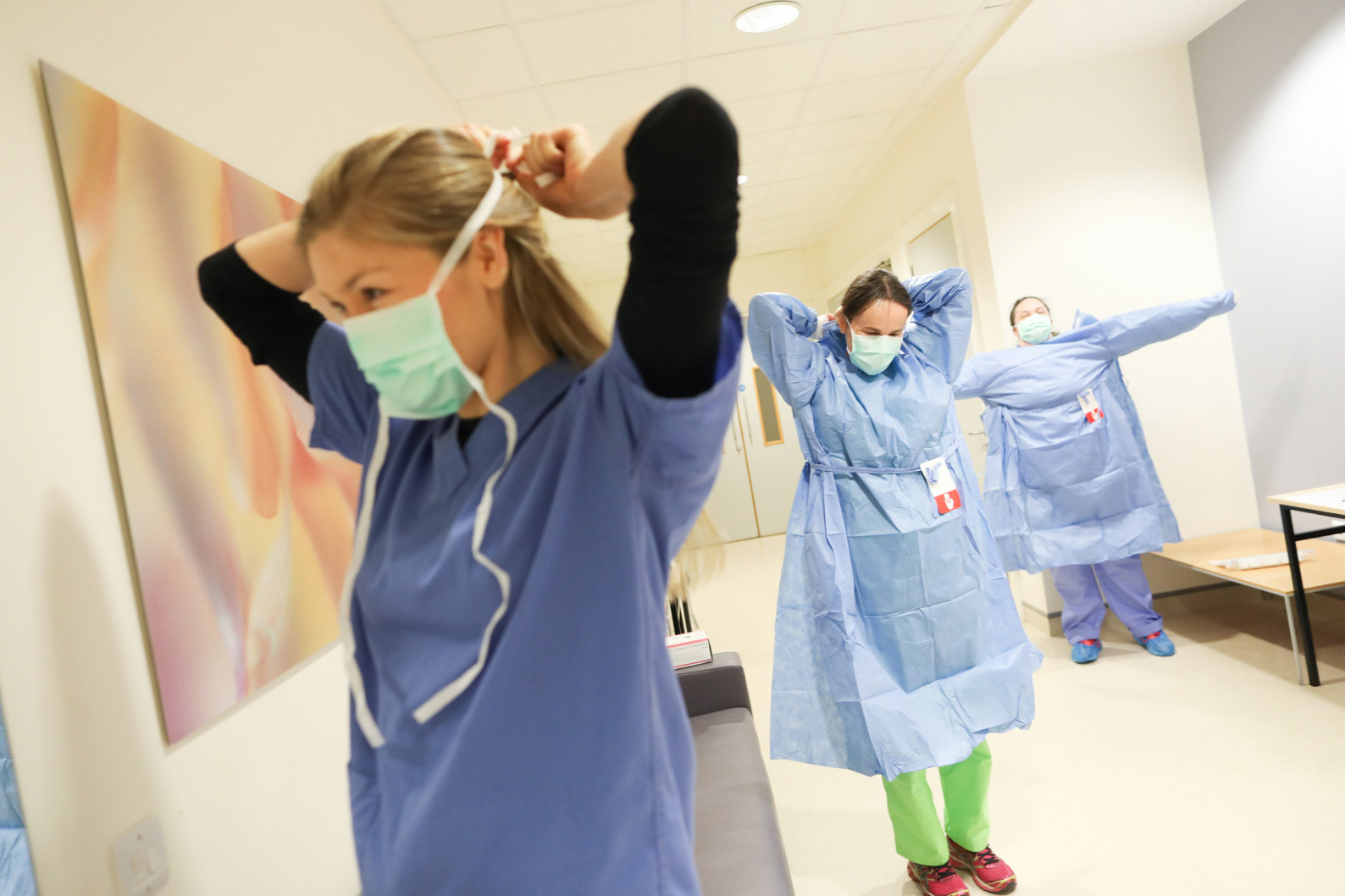
It is vital that the challenges and good practice observed by those closest to the patients are documented, collated, and analysed. This research captures opportunities for learning which can inform the current response to COVID-19, risk management in the medium term, and help build longer-term national resilience.

This study seeks to investigate the trajectory and momentum of open-source innovative communities as embedded within the global and national developments of the covid19 crisis. Focusing specifically on the TeamOSV initiative in Ireland, the study will employ qualitative case studies with key stakeholders within the community, and will also map open-source behaviour and output as related external factors pertaining to the spread of the virus.

This is especially true for unfamiliar ideas (e.g., social distancing or cocooning). Ireland is a multilingual and multicultural society. We will measure how well Ireland implemented translation of critical information as a risk reduction policy in the COVID-19 pandemic and how this translated information impacted on the linguistic minorities in Ireland.

These measures have been implemented by governments on the advice of scientific and medical experts. However, widespread disinformation repeatedly questions the legitimacy of government decisions and the authority of scientific expertise.
To help counteract disinformation, this study investigates citizen’s exposure to mis/disinformation and whether information from expert and citizen sources can correct misperceptions citizens hold about COVID-19 and their impact their willingness to comply with public health measures.

What limited material has been provided in Irish has occasionally been out of date by the time it was published. The Téarmaíocht na Géarchéime (Crisis Terminology) project will develop a comprehensive glossary of terminology relating to the pandemic.
This will consolidate material from existing Irish-language sources as well as adding newly created terms and definitions. This online resource will provide users with the technical vocabulary to communicate clearly and accurately on the topic of COVID-19 thus providing the framework to ensure that Irish-speaking citizens and communities are kept properly informed of developments in their own language.

Increasingly, public briefings during emergencies in Ireland and overseas are including sign language interpreters to ensure that Deaf people are fully informed. However, platform interpreting of this nature presents many unique and new challenges to interpreters: unlike regular interpreting assignments, limited advance information is available to enable preparation; much of the scientific vocabulary is likely to be new to interpreters or might not be developed in the national Sign Language; the setting is a high-stakes one where public health is at risk; the setting is also professionally high-stakes since it is in a very public domain (recorded live where it will be available for future scrutiny).
Anecdotally, it is known that some countries are struggling to secure sign language interpreters for such assignments because these challenges are so great. This project will gather interpreter experiences in crisis-interpreting during Covid-19. A guidelines working document, to which other stakeholders can contribute, will allow for smoother, immediate and successful provision of interpretation in future crises situations. It will prevent the initial delays in access (as were experienced recently) and eliminate the advocacy work required of interpreters lobbying for provision, to enable them to concentrate on their interpreting work.
Through PE, this solution will enhance physical activity, skill competence, motivation and self-efficacy. Physical activity is known to have many health benefits, including reduced risk of coronary heart disease, Type II diabetes, and certain types of cancer, but perhaps of more significance in the current Covid-19 context are the increased energy levels and emotional well-being associated with activity participation.
While primary schools remain closed until the summer holidays and teachers are doing their best to advise parents on home-schooling, maintaining learning in PE is extremely challenging to address. Even when children return to school in September, it is anticipated social distancing restrictions will remain in place. The very nature of PE at school renders it difficult to deliver under social distancing restrictions. The likelihood therefore is that there will remain a need in our primary schools for this solution until well into the next academic year.

Short ‘PE at Home’ lessons will be developed in partnership with the Professional Development Service for Teachers (PDST) supported by the Irish Heart Foundation. The recorded lessons a prototype of which is available here will be made available to schools, teachers and parents through the DCU Facebook page and scoilnet.ie platforms. These lessons delivered by Irish teachers and their children, are both educationally sound, and instantly relatable for Irish school children. Investigating the efficacy of PE at Home is paramount so that content can be improved iteratively, and a viable solution to what is likely to be a longer term issue, can be delivered for Irish society.

A secondary aim is to determine what are the current and longterm impacts of the COVID19 related restrictions on the wellbeing of individuals with Autism Spectrum Disorders and their parents/Caregivers. Measuring and addressing the psychosocial impact of the COVID-19 pandemic and related restrictions in movement is of prime importance at this time. The impacts of this crisis will be far reaching and many may not be realised for many years. The proposed research will focus on children and young people with a diagnosis of Autism Spectrum Disorder (ASD), their families and educators.
The ASD population alone is sizable with 14,000 (or 1.55%) of students in schools holding a diagnosis. When parents, teachers, tutors and SNAs are also considered this is a considerable group. The proposed research has the potential to have impacts that are social, psychological, educational and economic. This will be achieved through development of an online transition package to guide parents and educators in preparing children and young people for the resumption of regular daily routines following the lifting of COVID19 restrictions.
This resource will be developed based on the needs of families and young people, as measured through surveys, as well as expert consensus on the targets and means of intervention. This ambitious project can be commenced quickly and is designed to produce outputs quickly, which will in turn be disseminated to key stakeholders.

